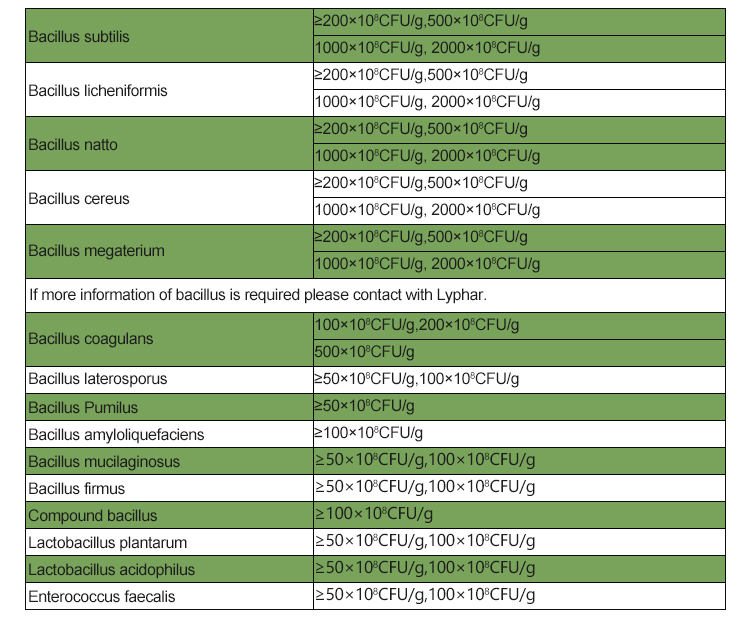Bacillus megaterium is a Gram-positive, rod-shaped bacterium known for its ability to produce various enzymes and metabolites. Here are some key research directions related to Bacillus megaterium:
- Biotechnology Applications: Bacillus megaterium is being studied for its potential in biotechnological applications, such as enzyme production (proteases, amylases) for industrial processes, including food, textile, and detergent industries.
- Biofertilizers and Plant Growth Promotion: Research is exploring its role as a biofertilizer due to its ability to fix nitrogen and enhance nutrient availability in soil, which can improve plant growth.
- Biodegradation and Bioremediation: Bacillus megaterium has been investigated for its ability to degrade environmental pollutants, including plastics and heavy metals, making it a candidate for bioremediation efforts.
- Genetic Engineering and Synthetic Biology: Genetic modification techniques are being applied to enhance its metabolic pathways for increased production of desired compounds, such as antibiotics or biopolymers.

- Probiotics and Human Health: There’s interest in studying its probiotic potential and its effects on human health, including gut microbiota modulation and immune system support.
- Industrial Fermentation: Research is focused on optimizing fermentation processes to improve yield and efficiency in producing various bioproducts.
- Antimicrobial Properties: Investigations into the antimicrobial properties of Bacillus megaterium and its metabolites could lead to new antibiotic developments.
These areas represent a snapshot of ongoing research and potential applications for Bacillus megaterium in various fields.
Clinical application of Bacillus Megaterium
Bacillus megaterium is a large, Gram-positive bacterium that has various clinical and biotechnological applications. Some notable clinical applications include:
- Probiotics: Bacillus megaterium is being explored as a probiotic due to its potential to promote gut health and enhance the immune system.
- Bioremediation: Its ability to degrade various pollutants makes it a candidate for bioremediation efforts, particularly in treating contaminated soils and water.
- Production of Enzymes: Bacillus megaterium can produce a range of enzymes, including amylases and proteases, which can be used in industrial applications as well as in clinical diagnostics.

- Antibiotic Production: It has been studied for its potential to produce natural antibiotics, which could be useful in treating infections.
- Vaccine Development: Research is ongoing into its use as a vector for vaccine delivery, leveraging its ability to induce an immune response.
- Gene Expression Systems: Bacillus megaterium is used in recombinant DNA technology to express proteins, which can be important in producing vaccines and therapeutic proteins.
These applications highlight Bacillus megaterium’s versatility in both clinical and environmental contexts. However, its use in human health applications is still being researched, and safety assessments are essential to ensure it does not pose any risks.
